

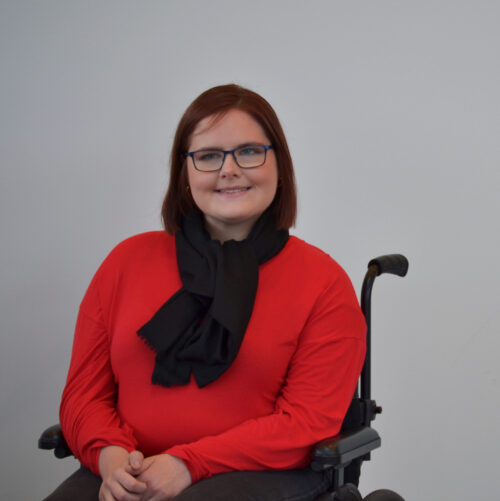
Áslaug Ýr Hjartardóttir
images:
Alexandra Dögg Steinþórsdóttir
uppskera-listamarkadur.is/collections/alex-steinthorsdottir
@alexsteinthorsdottir
www.alexsteinthorsdottir.com
translation:
Alma Dóra Ríkarðsdóttir
Sexual harassment and violence are widespread. Some groups are more vulnerable towards it than others, although I have noticed that in the case of disabled people the focus is often directed towards cases of people without disability violating people with disability. This is not uncommon, but it tends to be forgotten that violence also exists within these groups as violence thrives within segregation.
It has been shown that disabled women are way more likely to be the victims of violence than non-disabled women, as this is a very vulnerable group.
I myself have an integrated vision- and hearing impairment and a mobility impairment and thus I belong to a very marginalized group. I have had various uncomfortable experiences throughout my life as well as having experienced my girlfriends being subjected to harassment and violence. However, I did not pay much attention to who the perpetrators were. Perhaps I thought that they were usually non-disabled men, as I had witnessed their conduct many times and encountered plenty of unpleasant incidents myself. It was therefor not until I was working on my BS thesis in business studies that I paused and rethought the matter.
I was writing about sign language interpreting services in Iceland and during my research I unexpectedly came across a book chapter on violence against deaf people in the old Heyrnarleysingjaskólinn (e. School for the Deaf). The chapter content was completely unrelated to the subject of my thesis, but I found it so interesting that I decided to take a little look into it.
It said that a number of cases of violence had arisen against the school’s students and stated that the majority of the perpetrators were deaf themselves.
I was shocked by this chapter as until then I had somehow assumed that the perpetrators had been in the dominant position of being non-disabled. It seemed as no one wanted to mention this as a possibility, that the perpetrator could also be disabled. That seems to be a taboo.

As I looked into this chapter of the book I was reminded of a story I was told by a deaf elementary school teacher. We had been learning about what rape was and the teacher then mentioned that two deaf women had come forward and accused a deaf man of rape. The case was dropped, but I remember well what the teacher said about that case: “Poor man, they ruined his reputation.”I may have been too young to understand this then, but when I think back I realize that the teacher was slut shaming the victims.
Slut shame clearly works across groups and communities.
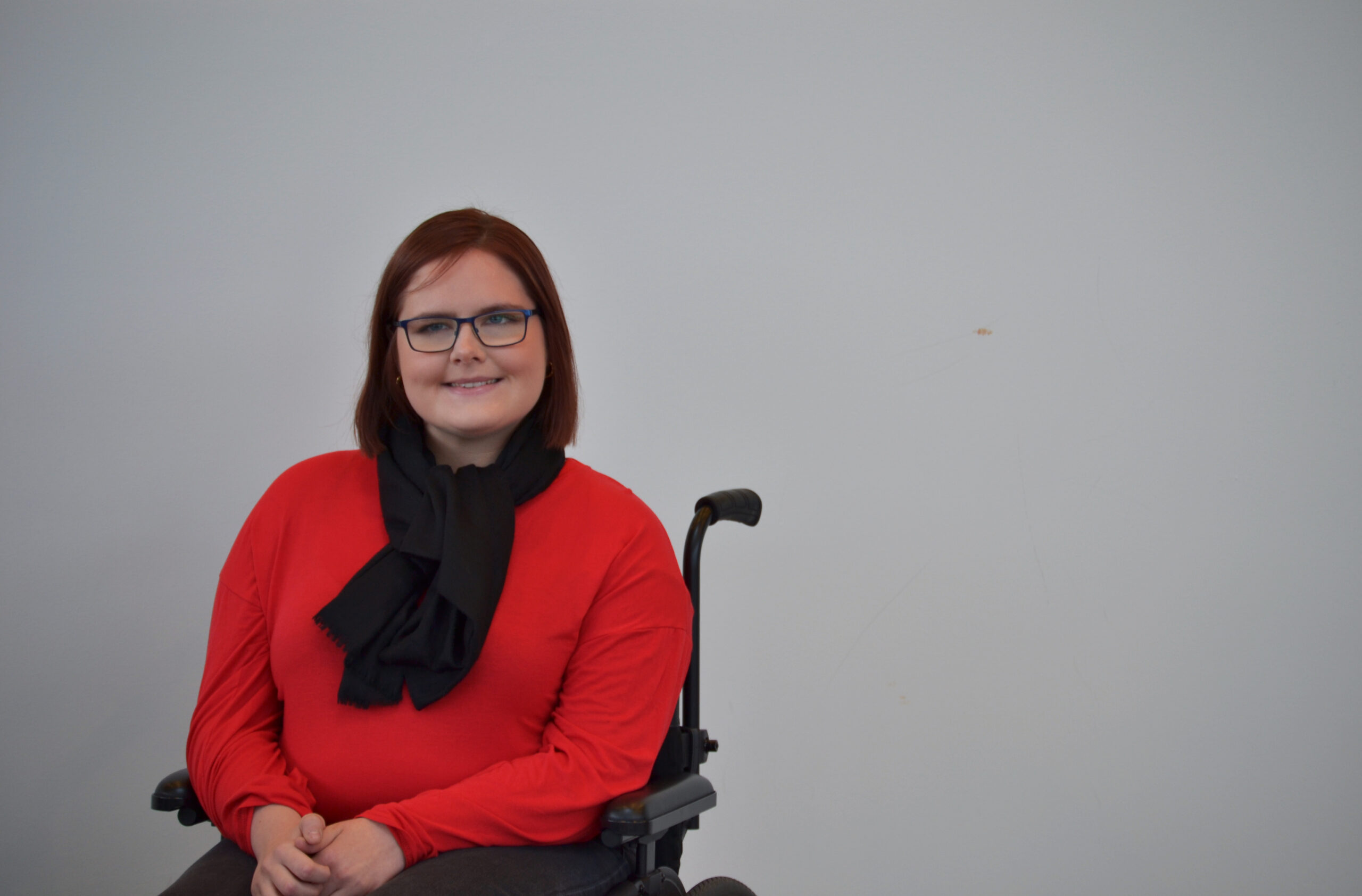

After I looked into this better, I realized something else that had passed me by. At the events I have attended where people with disabilities are present, such as conferences and summer camps, I have never been informed of any contingency plans for sexual harassment and violence.
This says a lot as I have attended a number of such events over the years. It is crucial to go in detail through contingency plans in case of fire on the spot, but violence is hardly ever mentioned, even if dozens of people are attending the event. Event organizers may not think that such issues could arise, or maybe sexual violence is simply a taboo within the marginalized group. This occurred to me when I remembered a conference I had attended recently where such issues arose. There was no contingency plan and the perpetrator was allowed to walk free during the event and harass more women. I found this very strange, as the group of attendees consisted of very diverse people and some were particularly vulnerable.
After this unpleasant experience I decided to be vigilant about processes around sexual offenses at all the events I attend, as I could have easily been the victim of the violence at the conference I mentioned earlier.
It does not matter what kind of event it is or who is involved, violence can take place anywhere and anytime and the perpetrators are diverse.
We need to start talking about the diversity of perpetrators, perpetrators being disabled does not justify their actions and should not be a taboo.
Do you support Vía?
Vía counts on your support. By subscribing to Vía you contribute to the future of a medium that specializes in, and puts emphasis on equality and diversity.
Vía, formerly known as Flóra, was founded 4 years ago for critical readers that want to dive underneath the superficial layer of social discussion and see it from an equality, inclusion, and diversity perspective.
From the beginning, Vía has covered urgent societal topics and published issues and articles that have shone a light on inequality, prejudice, and violence that exist in all layers of society.
We emphasize publishing stories from people with lived experiences of marginalization.
Every contribution, big and small, enables us to continually produce content aimed to educate and shine a light on hidden inequalities in society, and is essential for our continuing work.
Support Vía
It is Not Enough to Fight for Partial Equality
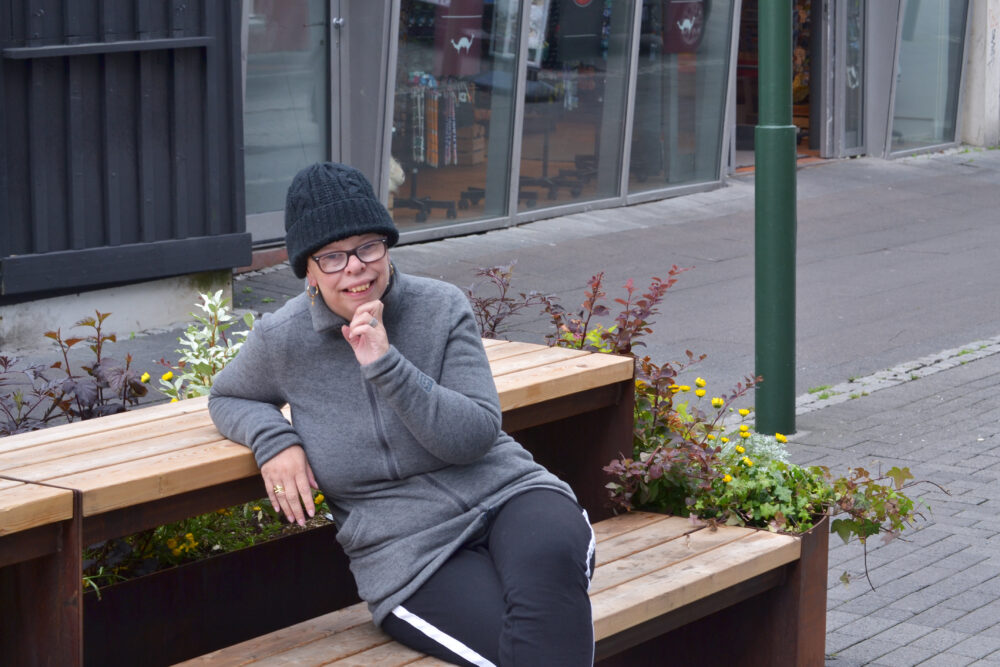
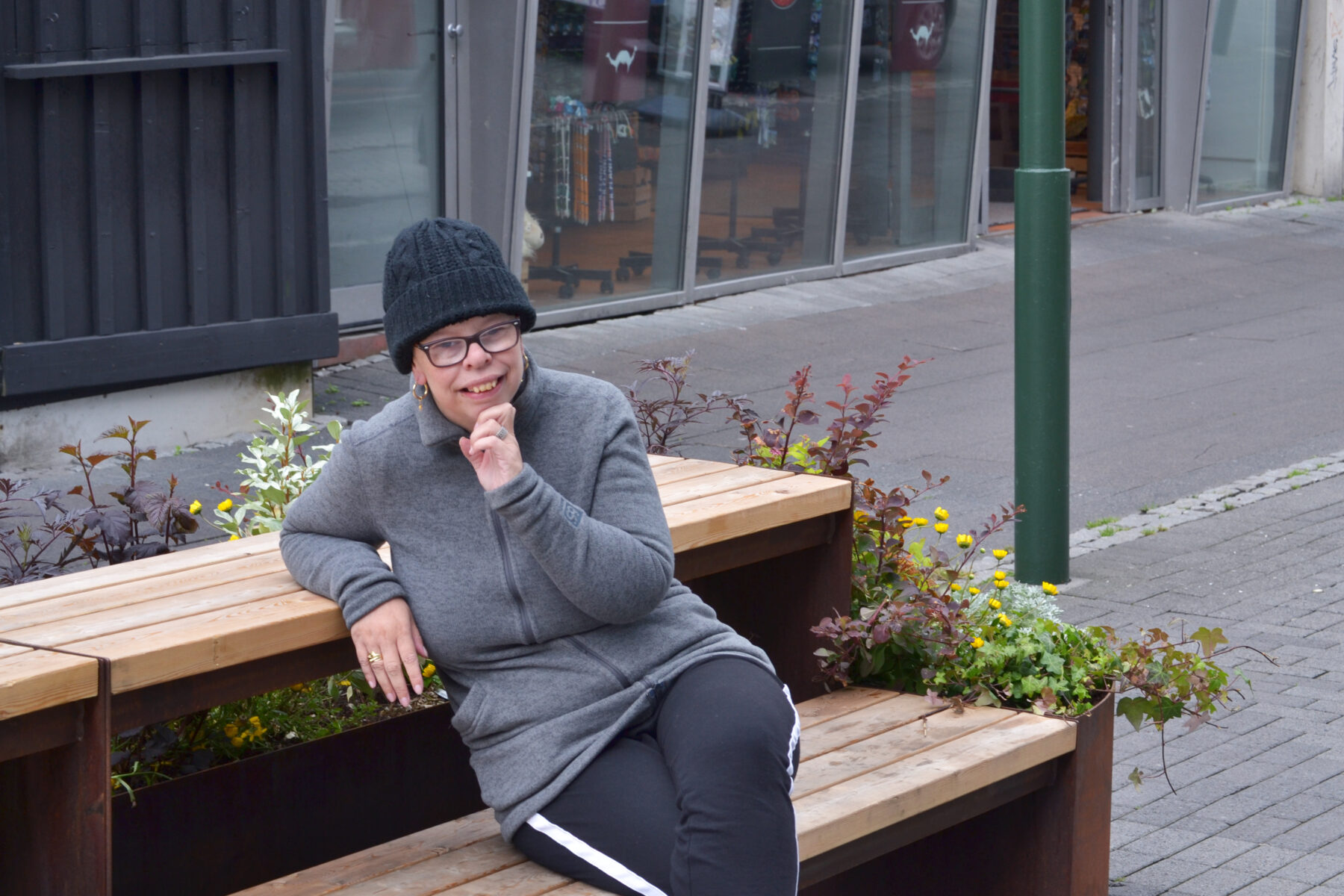
My Right to Exist
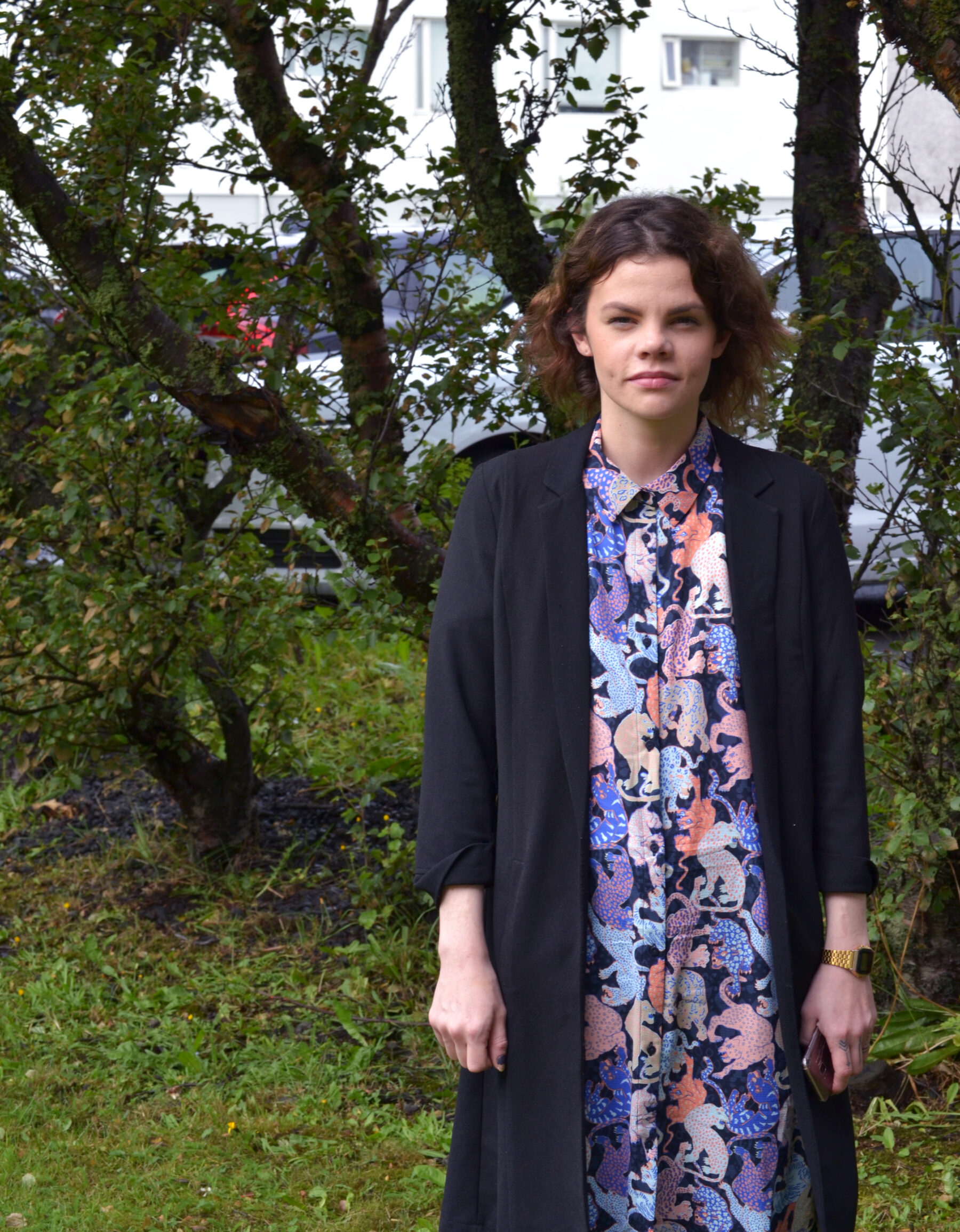

Er hægt að aðskilja list frá listamanni?
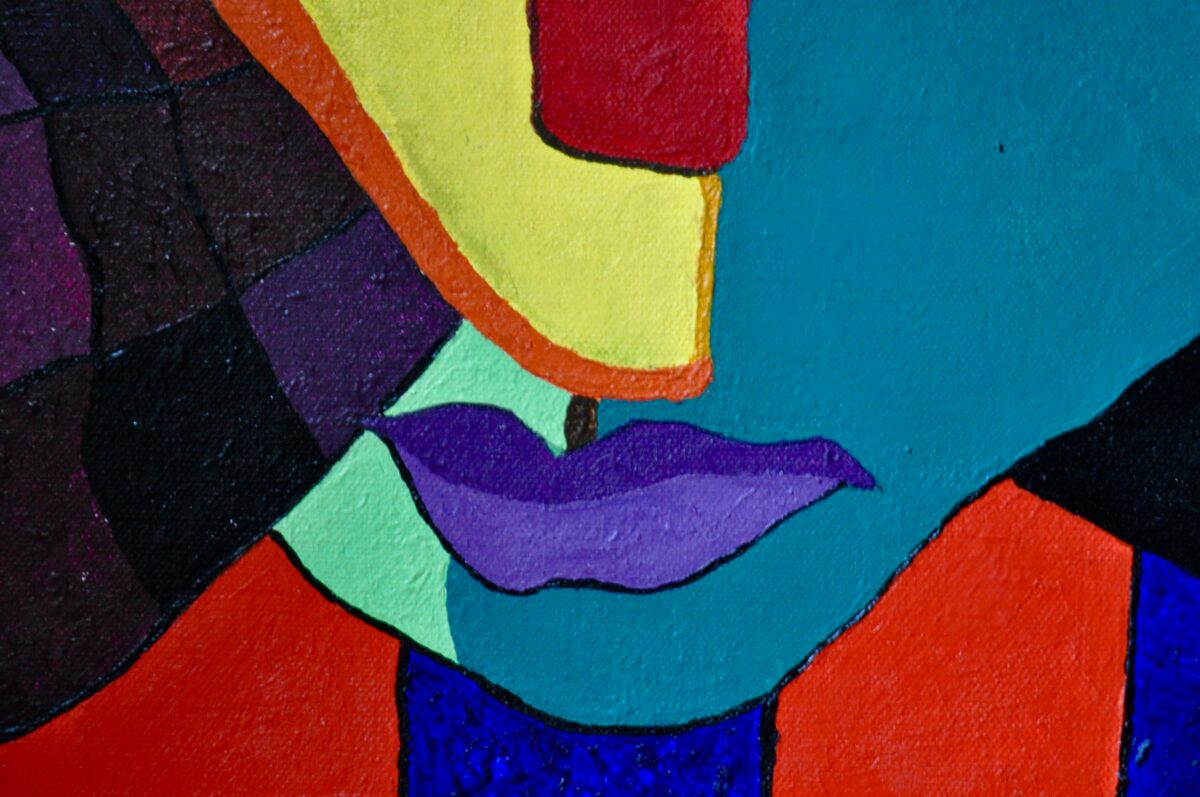
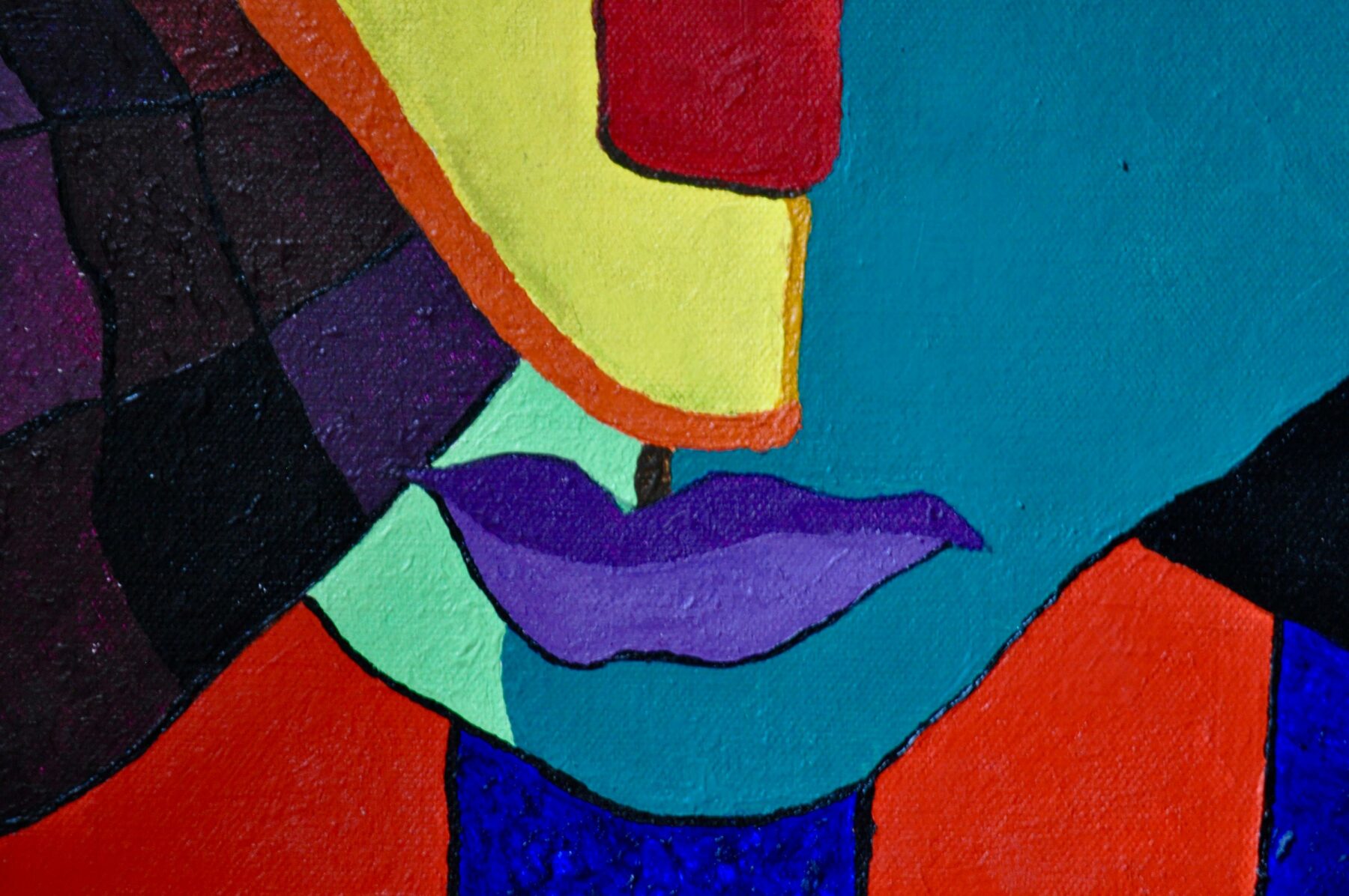
Stereotypes
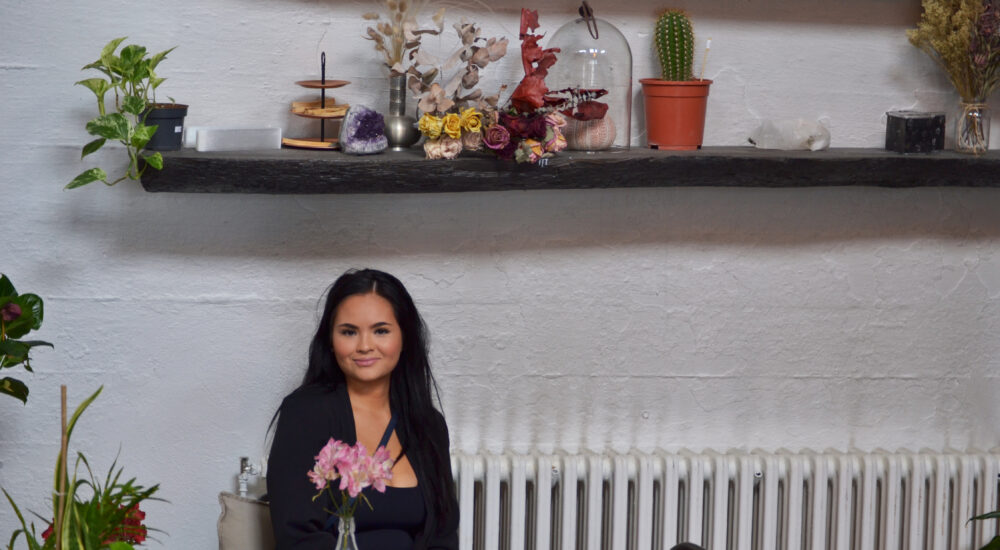
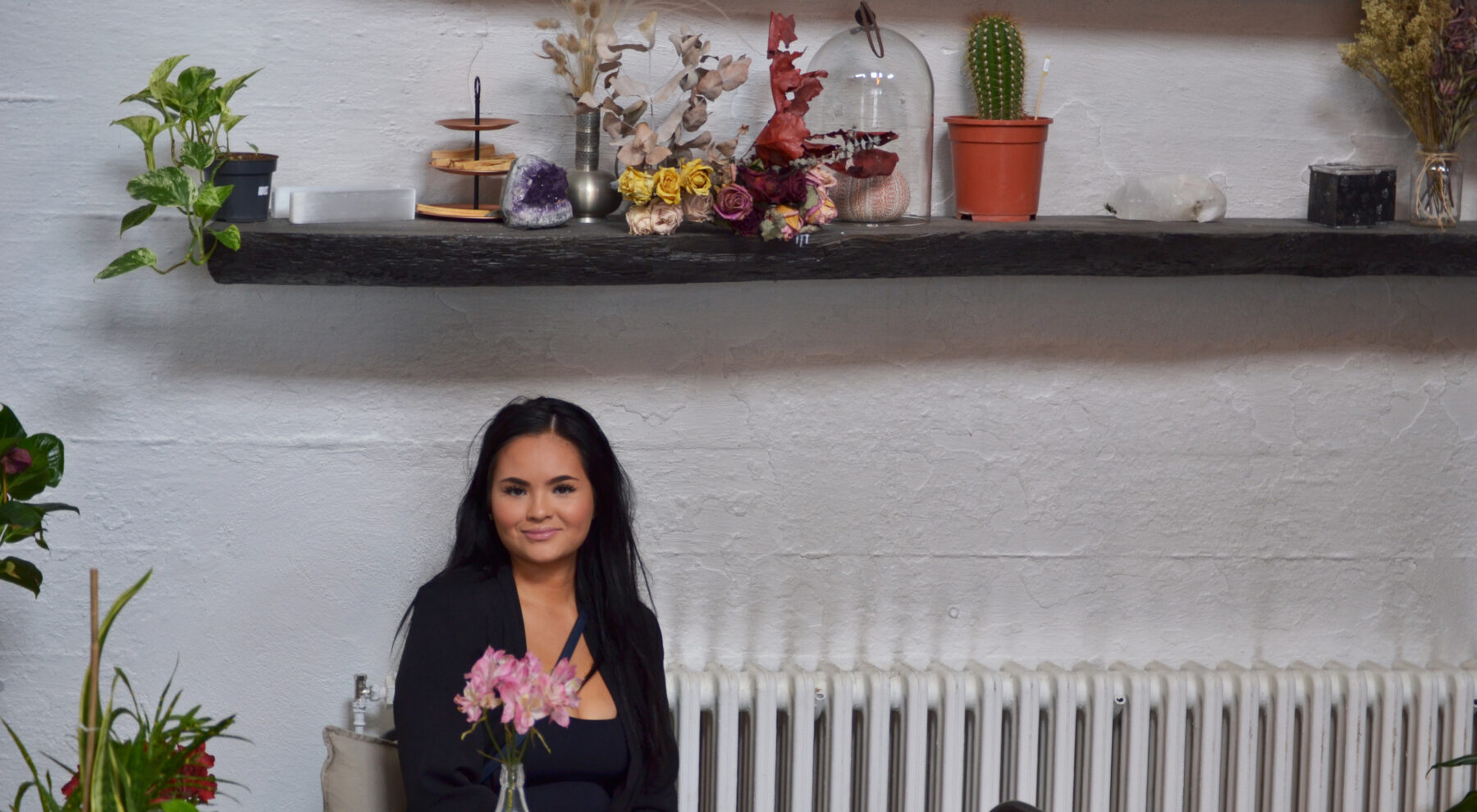
Read more about...